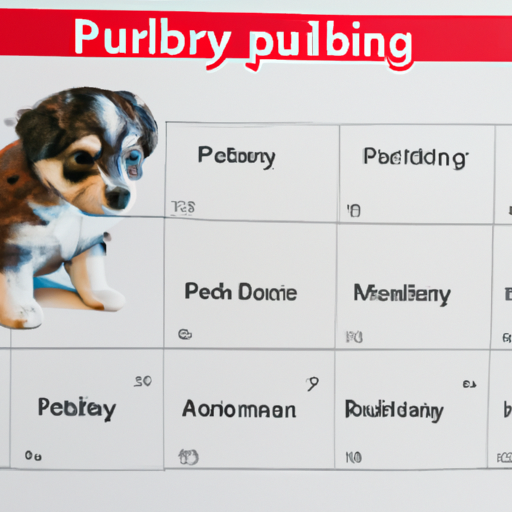Understanding Dog Life Stages
Just like human beings, dogs go through various stages of development – from puppyhood, adolescence, adulthood to their golden years.
- Puppyhood – Birth to 6 months
- Adolescence – 6 months to 2 years
- Adulthood – 2 years to 7 years
- Senior – 7 years and onwards
These stages are general and may vary depending on the breed and size of the dog.
Transition from Puppy to Adult
You might be wondering, when exactly does your cuddly little puppy stop being a puppy? Most dogs are considered puppies until they reach around one year of age. However, this is not a one-size-fits-all answer. The transition from puppy to adult is influenced by multiple factors.
- Size and Breed – Smaller breeds tend to mature faster and are considered adults by 1 year of age. Large and giant breeds, on the other hand, might still be considered puppies until they are 2 years old.
- Physical Maturity – A dog is no longer a puppy when it reaches its adult size and weight. This usually coincides with sexual maturity.
- Behavioral Changes – The playful and mischievous behavior of puppies gives way to more mature and predictable behavior as they transition into adulthood.
Key Indicators of Adulthood
Here are some key signs that your dog has transitioned from a puppy to an adult:
- Teeth – By the time they reach 7 months, most dogs have their set of adult teeth.
- Behavioral Changes – Adult dogs are less hyperactive and display more consistent behavior.
- Sexual Maturity – Females go into heat and males begin to show interest in females.
Dog Development Table
The following table illustrates the different stages of a dog’s development along with the corresponding age range.
| Life Stage | Age Range |
|---|---|
| Puppyhood | Birth to 6 months |
| Adolescence | 6 months to 2 years |
| Adulthood | 2 years to 7 years |
| Senior | 7 years and onwards |
The Importance of Recognizing Adulthood
Recognizing when your dog has transitioned into adulthood is important as it directly impacts their health care, diet, and exercise needs. Adult dogs require a balanced diet that’s different from puppies, and they also need regular vet check-ups to keep them healthy.
What Happens After Adulthood?
After adulthood, dogs transition into their senior years. This is a time when they slow down and might need extra care and attention. Keep an eye out for changes in behavior, appetite, and activity level. Regular vet check-ups are crucial during this stage.
FAQ
Q: When is a dog no longer considered a puppy?
A: Most dogs are considered puppies until they reach around one year of age. However, this can vary depending on the breed and size of the dog.
Q: What are the signs that my dog is no longer a puppy?
A: Key signs include having a full set of adult teeth, less hyperactive behavior, and sexual maturity.
Q: Why is it important to know when my dog is an adult?
A: Recognizing your dog’s transition into adulthood is important as it impacts their health care, diet, and exercise needs.
In conclusion, understanding the transition from puppyhood to adulthood is crucial for every dog caregiver. It allows you to provide the right care and attention that your pet needs at each stage of their life. After all, they depend on you for their well-being and happiness.



